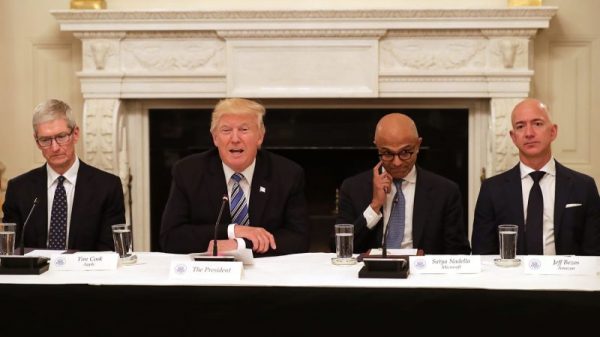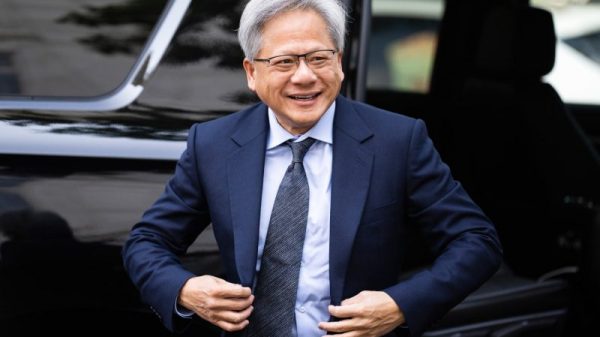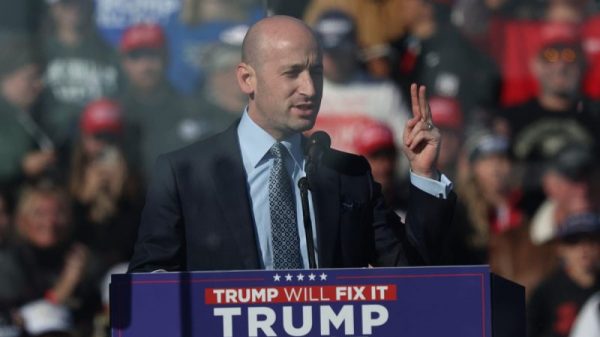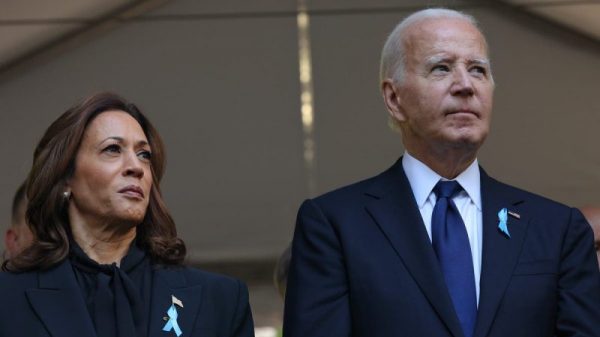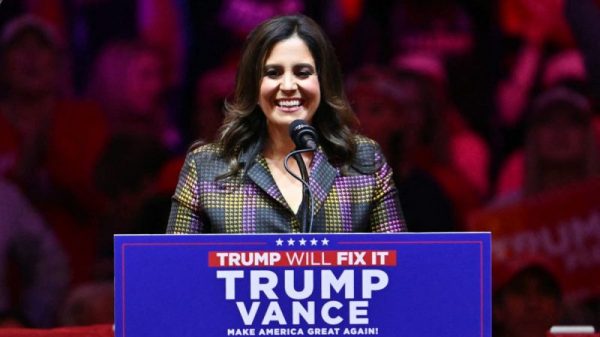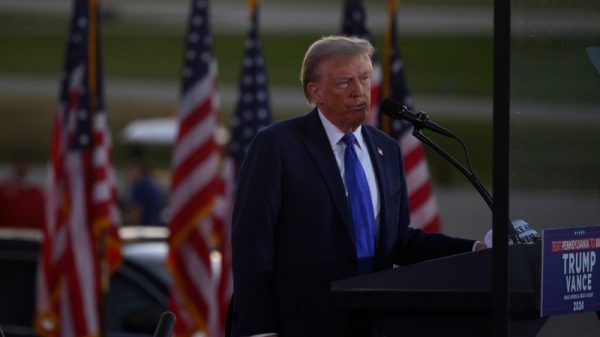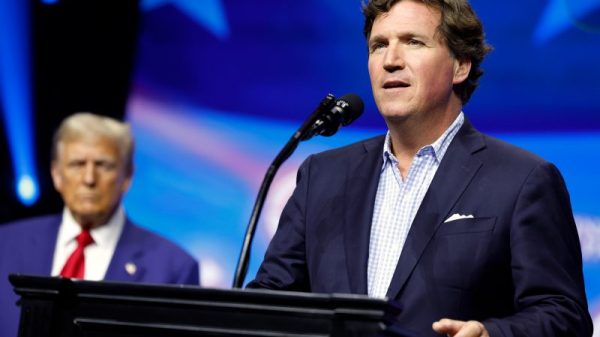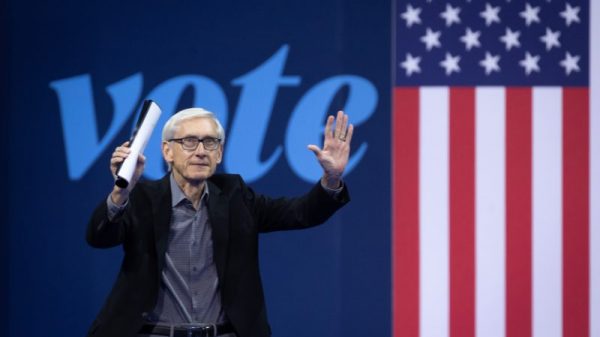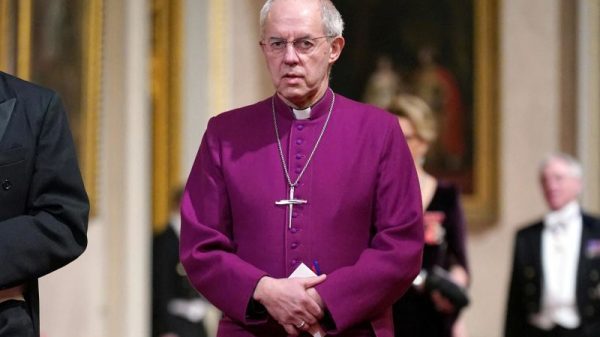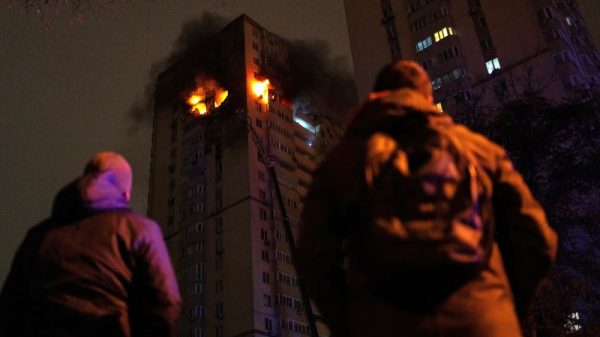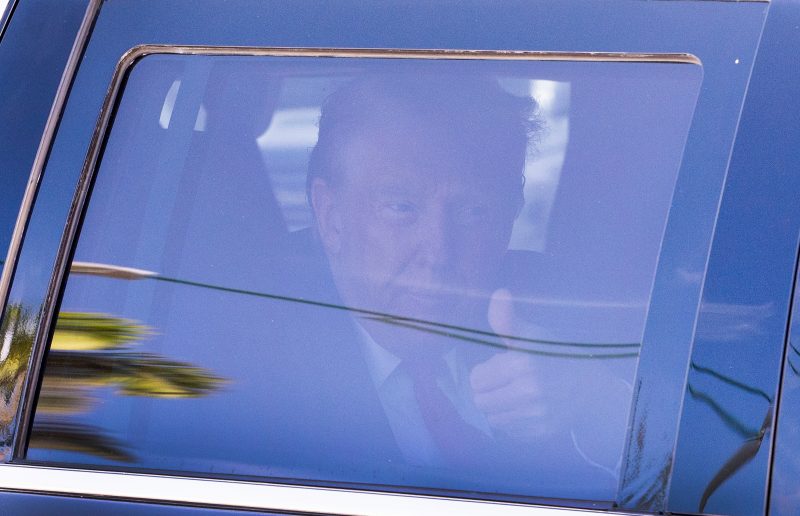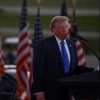Judge Aileen M. Cannon has left many legal experts dumbfounded with her handling of the criminal classified documents case against former president Donald Trump, the man who nominated her to the federal bench.
And special counsel Jack Smith appears to be losing patience with her.
Smith’s office late Tuesday night filed an especially withering response to Cannon’s request for proposed jury instructions. The response reads as a challenge to Cannon’s jurisprudence and raises the possibility that Smith might try to go around her as the case proceeds.
The growing standoff is worth a breakdown, given that this might be Trump’s most legally problematic case.
Cannon had asked for the proposed jury instructions based on two scenarios involving competing interpretations of the Presidential Records Act. Even invoking the PRA in the instructions would be a gift to Trump. It would effectively inject the idea that the classified documents Trump held onto might somehow be his personal records in a way that many experts say is nonsensical and would severely jeopardize the case.
Those experts say the PRA has no bearing on the case, which instead involves the Espionage Act. They also noted that it’s unusual for a judge to request such jury instructions long before a trial date that hasn’t even been set and before ruling on the laws relevant to the case.
Smith clearly agrees that the PRA issue is a red herring. And he wasn’t mincing words in his filing. On six occasions he called the legal premise behind Cannon’s request wrong. He repeatedly implored her to deal with the matter expeditiously. And — perhaps most notably — he repeatedly floated the idea of appealing to the U.S. Court of Appeals for the 11th Circuit.
“The PRA’s distinction between personal and presidential records has no bearing on whether a former President’s possession of documents containing national defense information is authorized under the Espionage Act,” Smith’s filing says, “and the PRA should play no role in the jury instructions.”
Smith goes on to indicate that Cannon’s request would effectively stack the deck against the prosecution.
He says that one version of the jury instructions Cannon requested would amount to “asking the jury to make a factual finding with no proper legal connection” to the case. He says that the other is even worse — that it “would amount to nothing more than a recitation of Trump’s PRA defense” and “would result in directing a verdict against the Government.”
National security lawyer Bradley Moss noted how unusual it is for a legal team to speak about a judge this way and said it was clearly born of frustration with Cannon.
“The exasperation that can be read into [the Justice Department’s] filing was clearly meant to convey a simple view to Judge Cannon: They want her to make her ruling already, take ownership of the moment if she thinks Trump is right on the law, and let DOJ take this to the 11th Circuit,” Moss said.
One of the most striking sections is when Smith goes into some detail about his evidence on the Presidential Records Act. He not only argues that the PRA doesn’t bear on the case, but he says that no key witness has any knowledge of Trump’s designating the documents as personal records or believing his removal of them made them personal.
“To the contrary, every witness who was asked this question had never heard such a thing,” Smith says.
Smith even suggests that this justification was effectively invented long after Trump took the documents — by Trump ally and Judicial Watch President Tom Fitton, who Smith takes care to note is “not an attorney.” Smith says that before this point, a Trump employee who had spoken with Fitton about the idea “had never heard this theory from Trump.”
“No other witness recalled Trump espousing this theory until after the Judicial Watch president conveyed it to him in February 2022,” Smith says.
Smith goes on to comply with Cannon’s request for the proposed jury instructions to include discussion of the PRA. But he does so while making it abundantly clear that he was doing so begrudgingly. On three occasions, he specifies that he is “nonetheless” or “nevertheless” providing the proposed instructions “as directed by the Court.”
In both of his versions of the instructions, he includes sharp language intended to highlight the perceived absurdity. Each of the versions of instructions reads:
The language there is a bit dense. But Smith is effectively arguing in the proposed instructions that the PRA can’t possibly apply to the case, even as he abides by the request to broach it.
Perhaps most important, the filing appears to be a direct challenge to Cannon. It notifies her that if she continues to insist on this, Smith’s team might try to go around her. And it urges her to act quickly on the matter to allow the prosecution to appeal before it’s too late and compromises the trial.
Were Cannon to make an erroneous ruling after the trial begins and if Trump were then acquitted, the government would not be able to appeal.
“Moreover, it is vitally important that the Court promptly decide whether the unstated legal premise underlying the recent order does, in the Court’s view, represent ‘a correct formulation of the law,’” Smith writes. “If the Court wrongly concludes that it does, and that it intends to include the PRA in the jury instructions … it must inform the parties of that decision well in advance of trial.”
Smith twice alludes to seeking a writ of mandamus from the appeals court — effectively asking it to force Cannon to correct her error.
“The blunt, scolding language pervading the government’s response,” University of Miami law professor Anthony Alfieri said, appears intended “to make clear that the gravity of her errors will be magnified in the harsh, public light of appellate review, a result that will be both discrediting of and embarrassing for Judge Cannon.”
Some Trump critics have raised the possibility that Smith might try to get Cannon removed from the case. This filing doesn’t go that far.
But it does make clear that Smith views the current situation as untenable, and he feels the need to put Cannon on notice. Speaking in such terms about the judge presiding over your case is best avoided, but Smith appears to see no other choice. The big question is how Cannon will respond.







